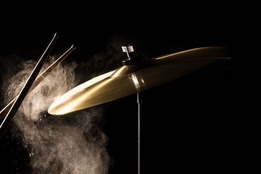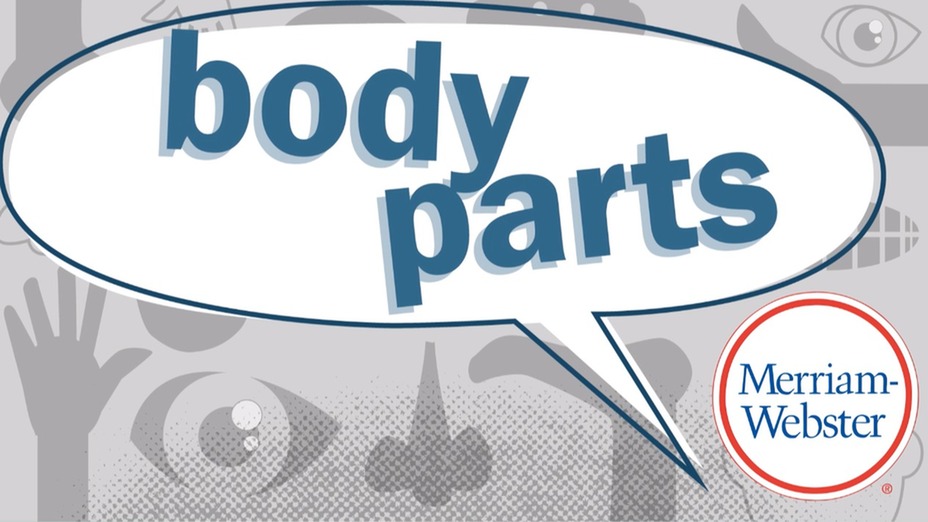often attributive
1
a
: a body tissue consisting of long cells that contract when stimulated and produce motion
b
: an organ that is essentially a mass of muscle tissue attached at either end to a fixed point and that by contracting moves or checks the movement of a body part
muscled; muscling
ˈmə-s(ə-)liŋ 

: to move or force by or as if by muscular effort
muscled him out of office
: to make one's way by brute strength or by force
Love words? Need even more definitions?
Merriam-Webster unabridged



















Share